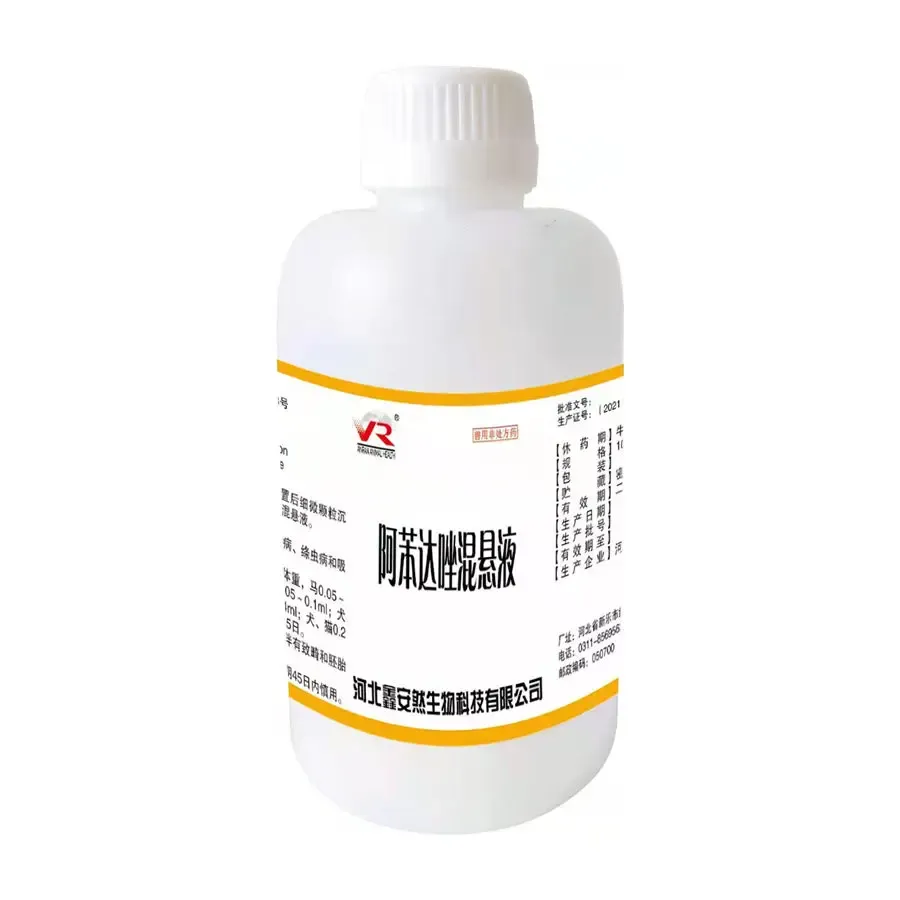- Afrikaans
- Albanian
- Amharic
- Arabic
- Armenian
- Azerbaijani
- Basque
- Belarusian
- Bengali
- Bosnian
- Bulgarian
- Catalan
- Cebuano
- Corsican
- Croatian
- Czech
- Danish
- Dutch
- English
- Esperanto
- Estonian
- Finnish
- French
- Frisian
- Galician
- Georgian
- German
- Greek
- Gujarati
- Haitian Creole
- hausa
- hawaiian
- Hebrew
- Hindi
- Miao
- Hungarian
- Icelandic
- igbo
- Indonesian
- irish
- Italian
- Japanese
- Javanese
- Kannada
- kazakh
- Khmer
- Rwandese
- Korean
- Kurdish
- Kyrgyz
- Lao
- Latin
- Latvian
- Lithuanian
- Luxembourgish
- Macedonian
- Malgashi
- Malay
- Malayalam
- Maltese
- Maori
- Marathi
- Mongolian
- Myanmar
- Nepali
- Norwegian
- Norwegian
- Occitan
- Pashto
- Persian
- Polish
- Portuguese
- Punjabi
- Romanian
- Russian
- Samoan
- Scottish Gaelic
- Serbian
- Sesotho
- Shona
- Sindhi
- Sinhala
- Slovak
- Slovenian
- Somali
- Spanish
- Sundanese
- Swahili
- Swedish
- Tagalog
- Tajik
- Tamil
- Tatar
- Telugu
- Thai
- Turkish
- Turkmen
- Ukrainian
- Urdu
- Uighur
- Uzbek
- Vietnamese
- Welsh
- Bantu
- Yiddish
- Yoruba
- Zulu
10 月 . 22, 2024 03:58 Back to list
Vet Ivermectin Injection Uses and Benefits for Animal Health and Parasite Control
The Use of Ivermectin Injection in Veterinary Medicine
Ivermectin is a broad-spectrum antiparasitic agent that has gained significant attention in both human and veterinary medicine. Particularly in veterinary applications, ivermectin injection has proven to be an effective treatment for a variety of parasitic infections in animals. This article highlights the uses, benefits, and considerations surrounding ivermectin injections in veterinary practice.
Ivermectin is a member of the macrocyclic lactone class of drugs, derived from the bacterium *Streptomyces avermitilis*. It works by binding to specific channels in the parasite’s nervous and muscular systems, leading to paralysis and death of the parasite. This mechanism has made it a valuable tool in treating a range of parasites, including nematodes, mites, and certain ectoparasites.
The Use of Ivermectin Injection in Veterinary Medicine
In addition to livestock, ivermectin is also commonly used in companion animals, particularly dogs and cats. Canine heartworm disease, caused by *Dirofilaria immitis*, is a serious condition that can be fatal if left untreated. Ivermectin injections are often employed as part of a heartworm preventative program, helping to protect dogs from the potentially devastating effects of this parasitic infection. Additionally, ivermectin is effective against a range of external parasites, including fleas, ticks, and mites in both dogs and cats.
ivermectin injection vet

The benefits of using ivermectin injection in veterinary medicine extend beyond effective parasite control. Because it has a wide safety margin, ivermectin is considered safe for many animals when used according to dosages prescribed by a veterinarian. This is particularly crucial in clinically vulnerable populations, such as pregnant or lactating animals, where alternative treatments may pose higher risks.
However, veterinarians and animal owners must also be mindful of the considerations associated with ivermectin use. Resistance to ivermectin is a growing concern within the veterinary community. Over-reliance on this drug can lead to the development of resistant parasite populations, making future treatments less effective. Therefore, it is essential to implement integrated parasite management strategies, combining ivermectin use with other forms of control, such as rotational grazing, improved sanitation, and the use of alternative antiparasitic agents.
Moreover, ivermectin is not suitable for all animals. Certain breeds, such as Collies, are genetically predisposed to ivermectin sensitivities, leading to severe adverse reactions. Therefore, a thorough understanding of the animal's breed, health status, and potential interactions is necessary before administering ivermectin.
In conclusion, ivermectin injection plays a significant role in veterinary medicine, offering effective treatment for a variety of parasitic infections in both livestock and companion animals. While its benefits are clear, responsible usage, awareness of potential resistance, and careful consideration of individual animal health are crucial to maintaining its efficacy and safety. By employing a multifaceted approach to parasite management, veterinarians can enhance animal health and welfare while also safeguarding the productivity of agricultural operations.
-
The Power of Radix Isatidis Extract for Your Health and Wellness
NewsOct.29,2024
-
Neomycin Sulfate Soluble Powder: A Versatile Solution for Pet Health
NewsOct.29,2024
-
Lincomycin Hydrochloride Soluble Powder – The Essential Solution
NewsOct.29,2024
-
Garamycin Gentamicin Sulfate for Effective Infection Control
NewsOct.29,2024
-
Doxycycline Hyclate Soluble Powder: Your Antibiotic Needs
NewsOct.29,2024
-
Tilmicosin Premix: The Ultimate Solution for Poultry Health
NewsOct.29,2024













